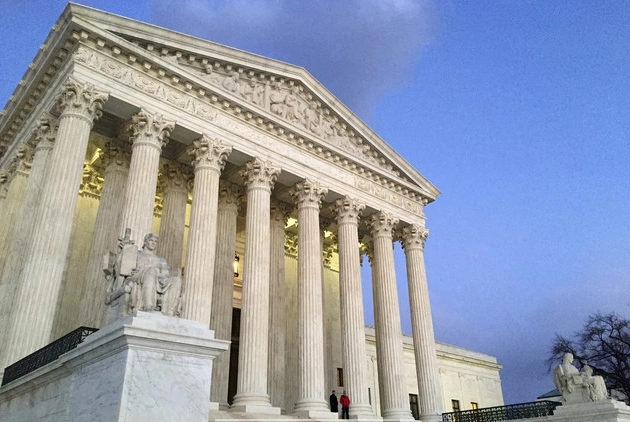
The Trump administration has made a bold move by requesting the Supreme Court to allow immigration officials to terminate a program that granted legal status to more than 500,000 immigrants for “humanitarian” reasons during the Biden era.
Legal Battle Unfolds
Solicitor General John Sauer filed an emergency appeal, aiming to overturn a lower court order that currently prevents the administration from ending the “parole” program specifically designed for individuals from Cuba, Haiti, Nicaragua, and Venezuela.
Sauer argues that a federal judge in Boston made a mistake in ruling that immigrants under this program deserve a case-by-case review before their legal status is revoked. U.S. District Judge Indira Talwani, an appointee of the Obama administration, temporarily halted Homeland Security Secretary Kristi Noem’s order to terminate the legal status of all 532,000 individuals admitted under this program.
According to Sauer, Talwani’s intervention in this policy decision infringes on the executive branch’s authority. He firmly believes that such discretionary actions should be solely left to the Secretary of Homeland Security.
Supreme Court Appeal
In their appeal to the Supreme Court, the Trump administration is primarily seeking a temporary pause on Talwani’s ruling. This pause would enable the administration to proceed with canceling the parole program and potentially revoking the legal status of the immigrants while the legal battle continues in lower courts.
However, beyond this immediate request, Sauer urges the justices to address a broader issue of district court judges intervening in national immigration policies. He argues that such matters should be handled in immigration courts initially, with appeals directed to federal courts.
Challenges Ahead
The Trump administration faces multiple immigration-related challenges, including efforts to terminate temporary protected status for around 600,000 Venezuelan nationals in the U.S. There is also a contentious issue regarding the deportation of Venezuelans under the Alien Enemies Act, with claims of gang affiliations.
Furthermore, the administration is contesting rulings against its attempts to end birthright citizenship for certain babies born on U.S. soil. The Supreme Court is set to review these cases in an upcoming oral argument session, with the focus on whether to address birthright citizenship or the administration’s objections to nationwide injunctions against the policy.
Conclusion
The Trump administration’s legal battles on immigration issues are far from over, with significant implications for the affected individuals and the broader immigration policy landscape. Stay tuned for updates on this evolving situation.











